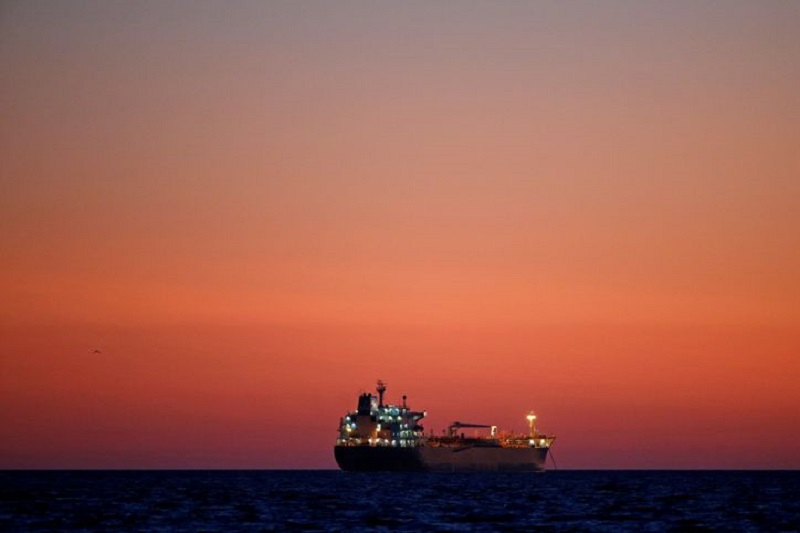© Reuters. FILE PHOTO: A view of the Johan Sverdrup oilfield in the North Sea, January 7, 2020. Carina Johansen/NTB Scanpix/via REUTERS/File Photo
By Natalie Grover
LONDON (Reuters) -Global oil benchmark Brent hovered above $80 a barrel on Thursday, fuelled by U.S. inflation data that presaged the interest rate hike cycle in the world’s biggest economy is set to finally cool.
Data released on Wednesday showed U.S. consumer prices rose modestly in June and registered their smallest annual increase in more than two years as inflation continued to subside.
Markets expect one more interest rate rise before the U.S. rate-hiking cycle has likely peaked. Higher rates can slow economic growth and reduce oil demand.
Oil prices have rallied around 12% in two weeks, primarily in response to supply cuts from top producers Saudi Arabia and Russia, noted Craig Erlam, senior market analyst at OANDA.
“Some profit-taking at these levels wouldn’t be hugely surprising and may have come sooner if not for the US consumer price inflation data.”
futures were up 22 cents to $80.33 per barrel by 0819 GMT, while U.S. West Texas Intermediate crude futures were up 11 cents at $75.86.
Meanwhile, a report by the International Energy Agency (IEA) on Thursday predicted oil demand would hit a record high this year, but that broader economic headwinds and interest rate hikes would temper the increase to be slightly less than anticipated.
In China, for instance, momentum in post-pandemic recovery slowed with exports contracting last month at their fastest pace since the onset of the pandemic three years ago, the country’s Customs Bureau showed on Thursday.
However, there were silver linings in the amount of crude imports in June, jumping 45.3% on the year and hitting its second highest monthly figure on record, the report showed.
Another factor capping price gains was a U.S. Energy Information Administration report of a much bigger-than-expected stock build of nearly 6 million barrels last week.
Gasoline inventories remained largely unchanged at 219.5 million barrels during the Fourth of July holiday week, a situation that is “almost unheard of,” said Phil Flynn, an analyst at Price Futures group.
Analysts had expected a big drawdown of gasoline stocks as drivers took to the roads for holiday travel.
This story originally appeared on Investing

